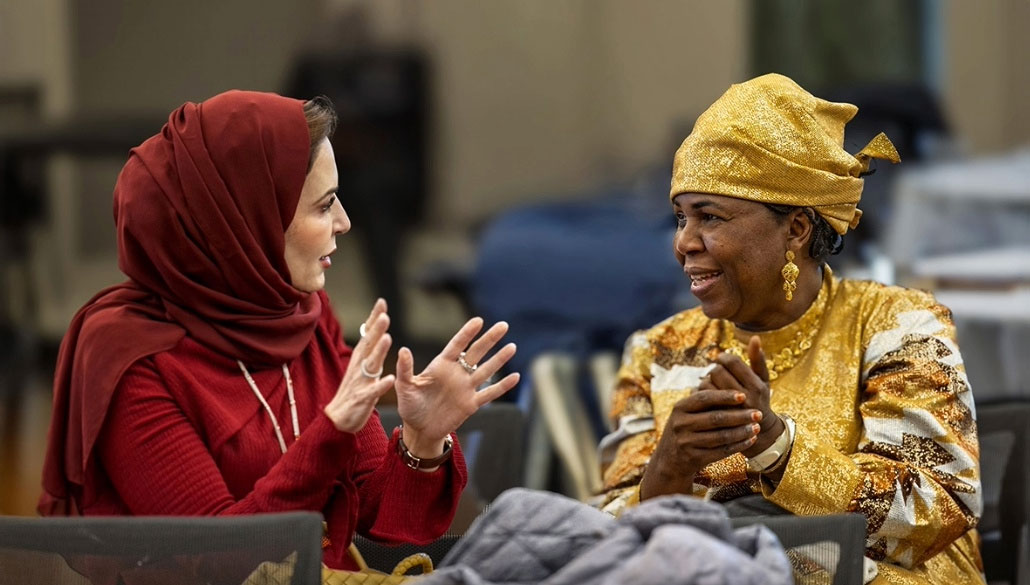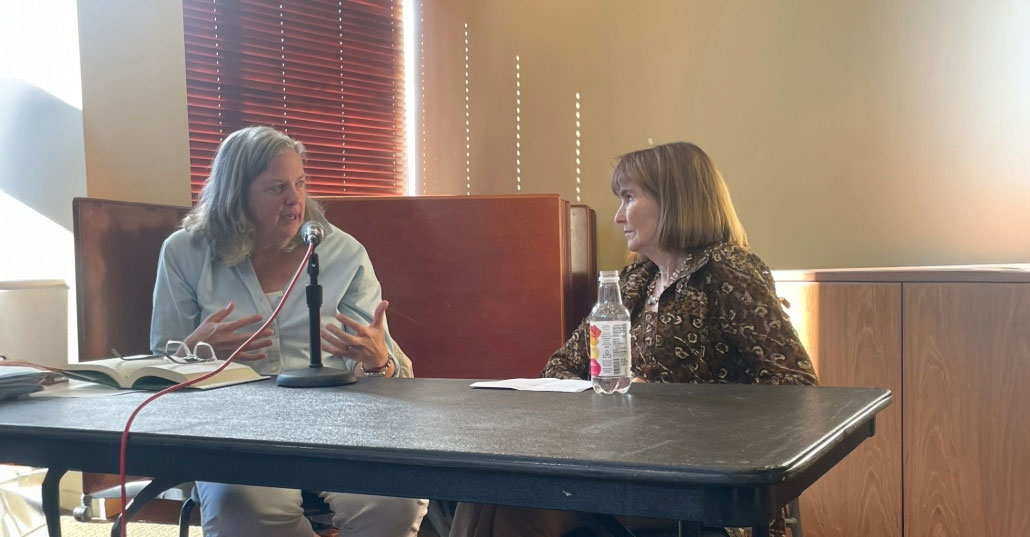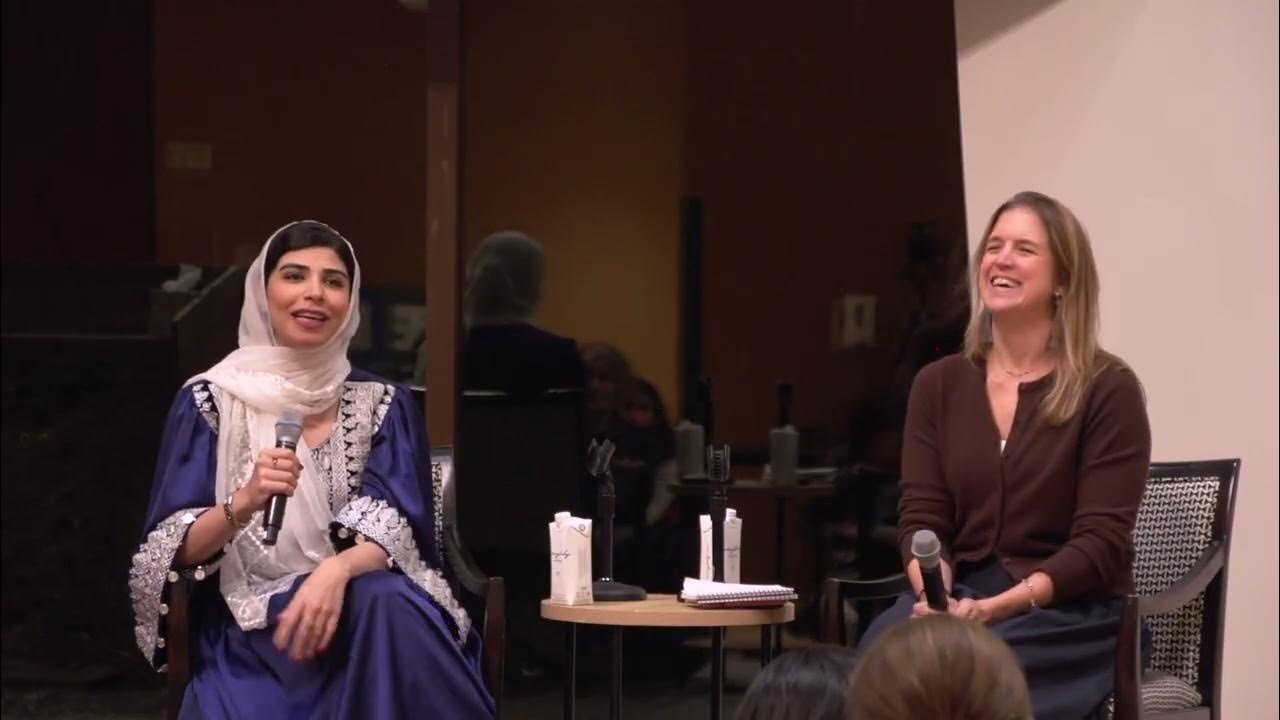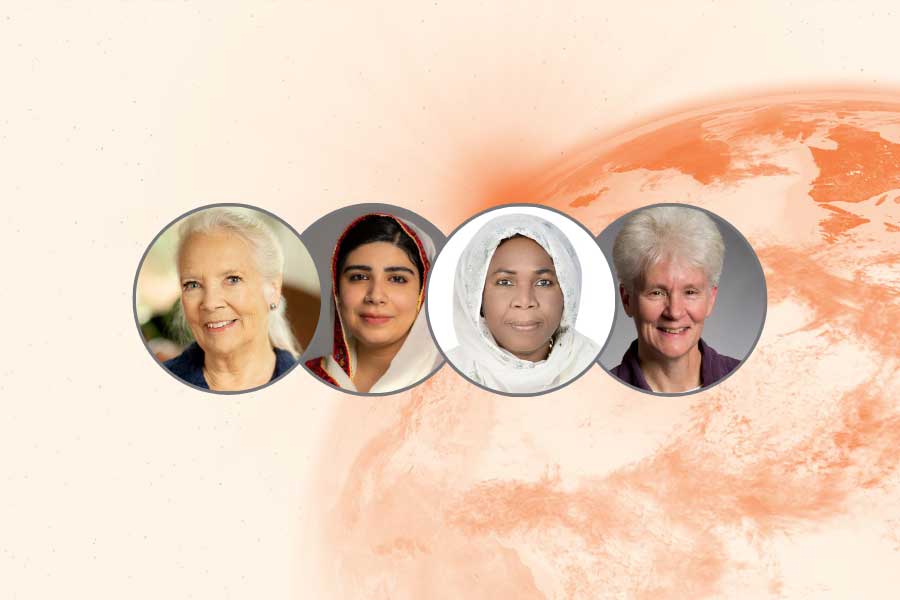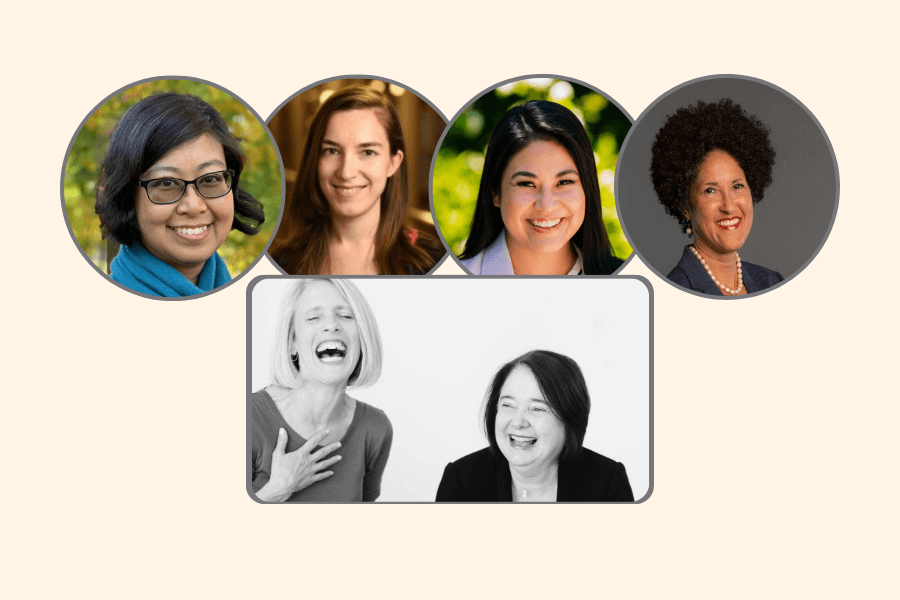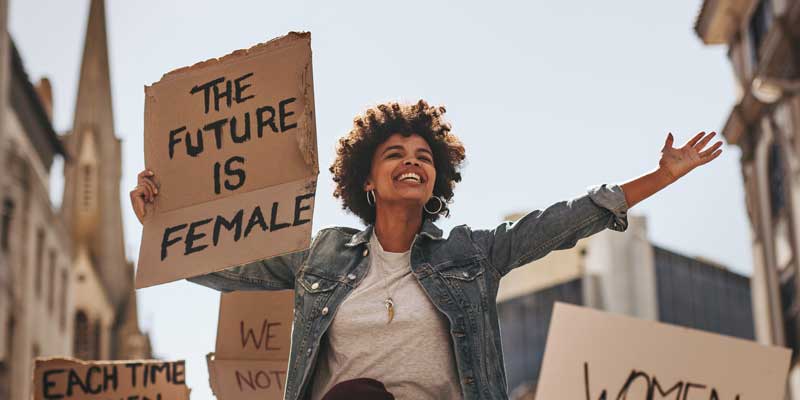by Erika Kates, Ph.D.
The Boston Globe
April 10, 2012
Yvonne Abraham's column provides a succinct summary of the key arguments for reducing our prison population: saving money, reducing recidivism, and diverting people to appropriate mental health and substance abuse treatment programs (“Correcting corrections,’’ Metro, April 5).
These arguments are especially compelling when it comes to incarcerated women. Almost two-thirds of the women sentenced to our state prison are diagnosed with mental illness (compared to a just over a quarter of male inmates) and many also have substance abuse diagnoses. The data show 85 percent of women’s offenses are non-violent and are predominantly related to their mental illnesses and addictions.
by Erika Kates, Ph.D.
The Boston Globe
April 10, 2012
This letter to the editor by Erika Kates, Ph.D., senior research scientist at the Wellesley Centers for Women, was published in The Boston Globe on April 10, 2012. Read the letter to the editor at The Boston Globe here.
Yvonne Abraham's column provides a succinct summary of the key arguments for reducing our prison population: saving money, reducing recidivism, and diverting people to appropriate mental health and substance abuse treatment programs (“Correcting corrections,’’ Metro, April 5).
These arguments are especially compelling when it comes to incarcerated women. Almost two-thirds of the women sentenced to our state prison are diagnosed with mental illness (compared to a just over a quarter of male inmates) and many also have substance abuse diagnoses. The data show 85 percent of women’s offenses are non-violent and are predominantly related to their mental illnesses and addictions.
Community-based programs and alternatives to incarceration throughout the state are providing treatment and support to women and their children. These are far more effective than incarceration, and show considerable savings in economic and social costs.
In addition, each day almost 200 women from throughout the state are held in the overcrowded awaiting trial unit in the state prison. Half are held there because they could not come up with bail.
We do not need to plan for hundreds more bed spaces for women by 2020, as the state’s master plan predicts. Instead, we need to develop more effective alternatives to incarceration.


